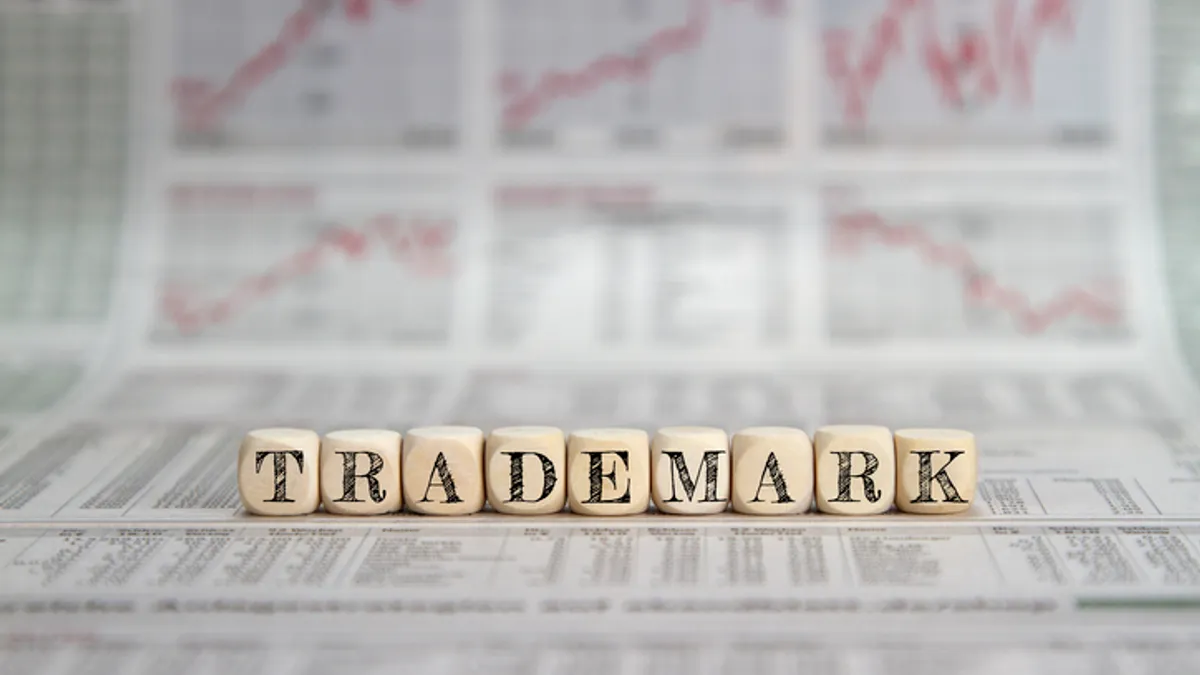How companies opt to structure their corporate affiliates in the future might be at stake in a trademark infringement case argued before the U.S. Supreme Court in Dewberry Group, Inc. v. Dewberry Engineers. Under the Lanham Act, successful plaintiffs are entitled to recover a defendant’s profits.
But the Atlanta-based Dewberry Group is the only defendant in the case, and it had no profits to disgorge as it had operated at a loss, the company’s attorney Thomas G. Hungar told the justices Dec. 11 during oral arguments.
Both the Dewberry Group and the plaintiff, the older Virginia-based Dewberry Engineers, provide similar real estate development services in overlapping states.
The Dewberry Group had 30 affiliated companies in Georgia, Florida, South Carolina and Virginia all owned by John Dewberry, but those companies are distinct corporate entities that file separate tax returns, and none were named in the lawsuit.
Nonetheless, the federal district court ordered the defendant to disgorge the profits of its corporate affiliates to the tune of $43 million. “Nothing in the Lanham Act authorizes that blatant disregard of corporate separateness,” said Hungar.
However, Justice Ketanji Brown Jackson wondered how separate those corporate affiliates really were. “The concern is ... we do have a constellation of entities all owned by the same individual. The others are profiting,” she said. “So, it is just the structure of this financial arrangement that is avoiding the ability to recover under the Lanham Act.”
Representing the plaintiff, attorney Elbert Lin picked up on that point in saying of the Dewberry Group’s affiliates, “They had no employees. They did not do a single thing.” As a result, Lin argued, the lower courts did not err in taking the financials of those companies into account in calculating damages, since the Dewberry Group alone drove and created all of the revenues.
But Hungar said the plaintiff could have sued those affiliates for infringement and failed to do so. He said the Lanham Act makes clear that “a defendant’s profits do not include the profits of separate corporations,” and that no showing was made to justify piercing the corporate veil.
The dispute between the “dueling” Dewberrys dates to 2006 when Dewberry Engineers sued Dewberry Capital Corporation, as the real estate developer was known at the time, for trademark infringement. The parties reached a settlement that allowed the defendant company to continue using its name.
But a decade later, the defendant rebranded itself as the Dewberry Group and created other brands using “Dewberry” in the name, leading to the infringement suit that prompted the $43 million award.
A win for Dewberry Engineers at the Supreme Court could make Lanham Act litigation more attractive for plaintiffs and may cause other companies with legally separate affiliates to rethink their corporate form.
From the tenor of the arguments, though, it appeared possible that the justices could vacate the award and send the case back to the lower courts for additional findings.










